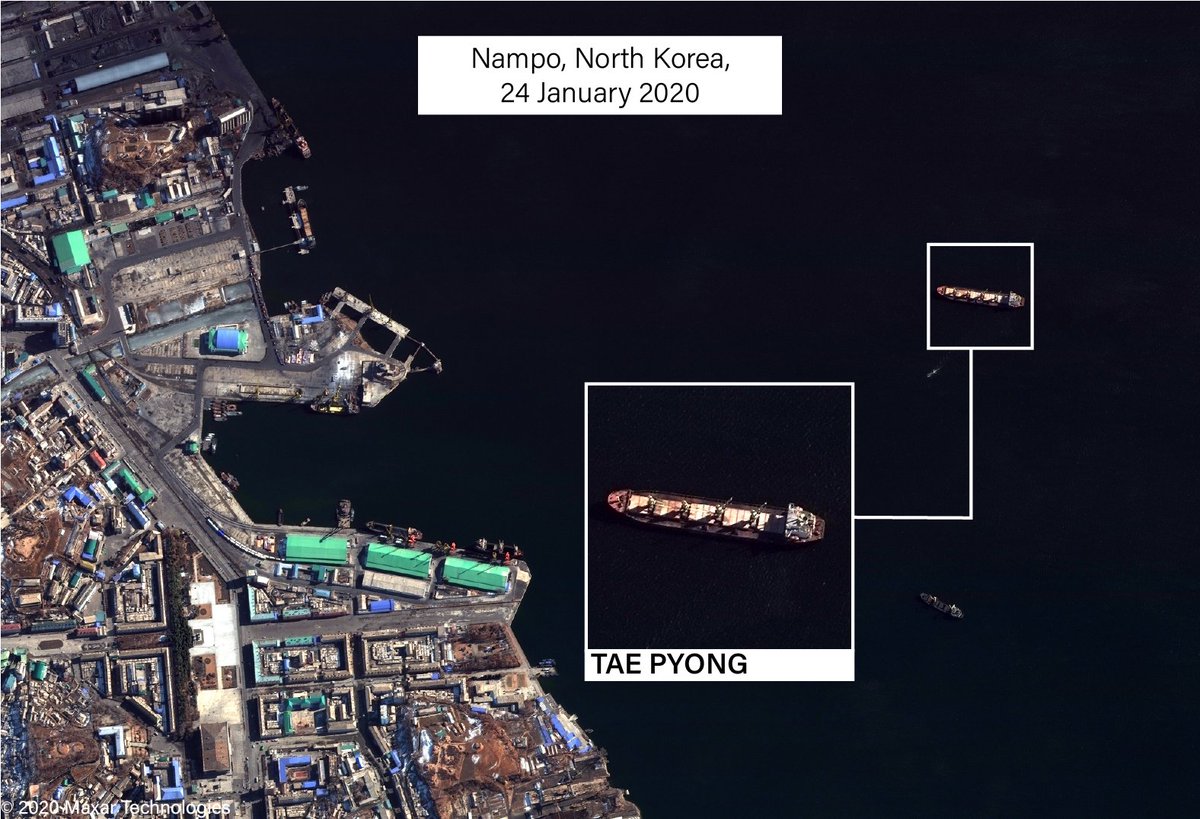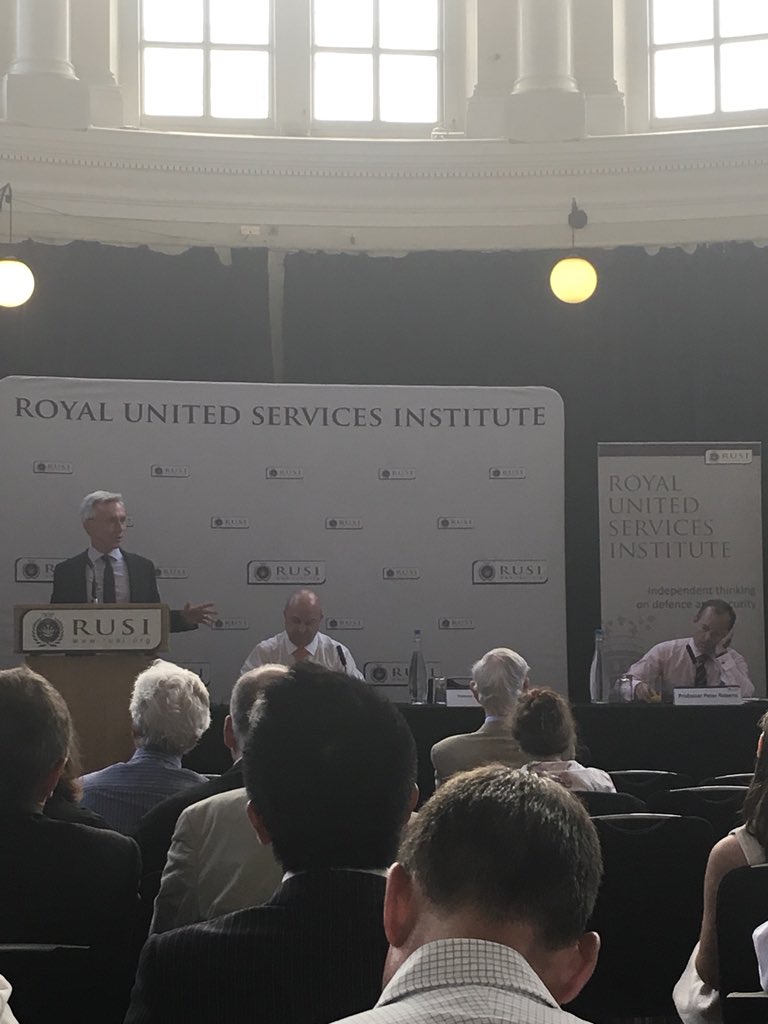
🚨New RUSI paper, ‘Small-Scale Chemical and Biological Production: Current Threats and Future Trajectories’ by @DanKaszeta is out now!
rusi.org/explore-our-re…
rusi.org/explore-our-re…
The report reveals how developments in science and technology will simplify efforts by hostile actors to operate small-scale chemical and #biologicalweapons production. 

General emphasis in arms control and non-proliferation debates has focused on the threat of chemical & biological materials as weapons of warfare, but the threat of such materials being used in situations other than war, such as #terrorist attacks & assassinations, is now clear. 

The report notes that ‘without an understanding of where the small-scale production risks might lie, both now and in the future, it will not be possible to develop the necessary tools and policy responses to manage them.’
The report concludes by proposing six policy recommendations for policymakers.
Read the report on our website now.
rusi.org/explore-our-re…
rusi.org/explore-our-re…
• • •
Missing some Tweet in this thread? You can try to
force a refresh








